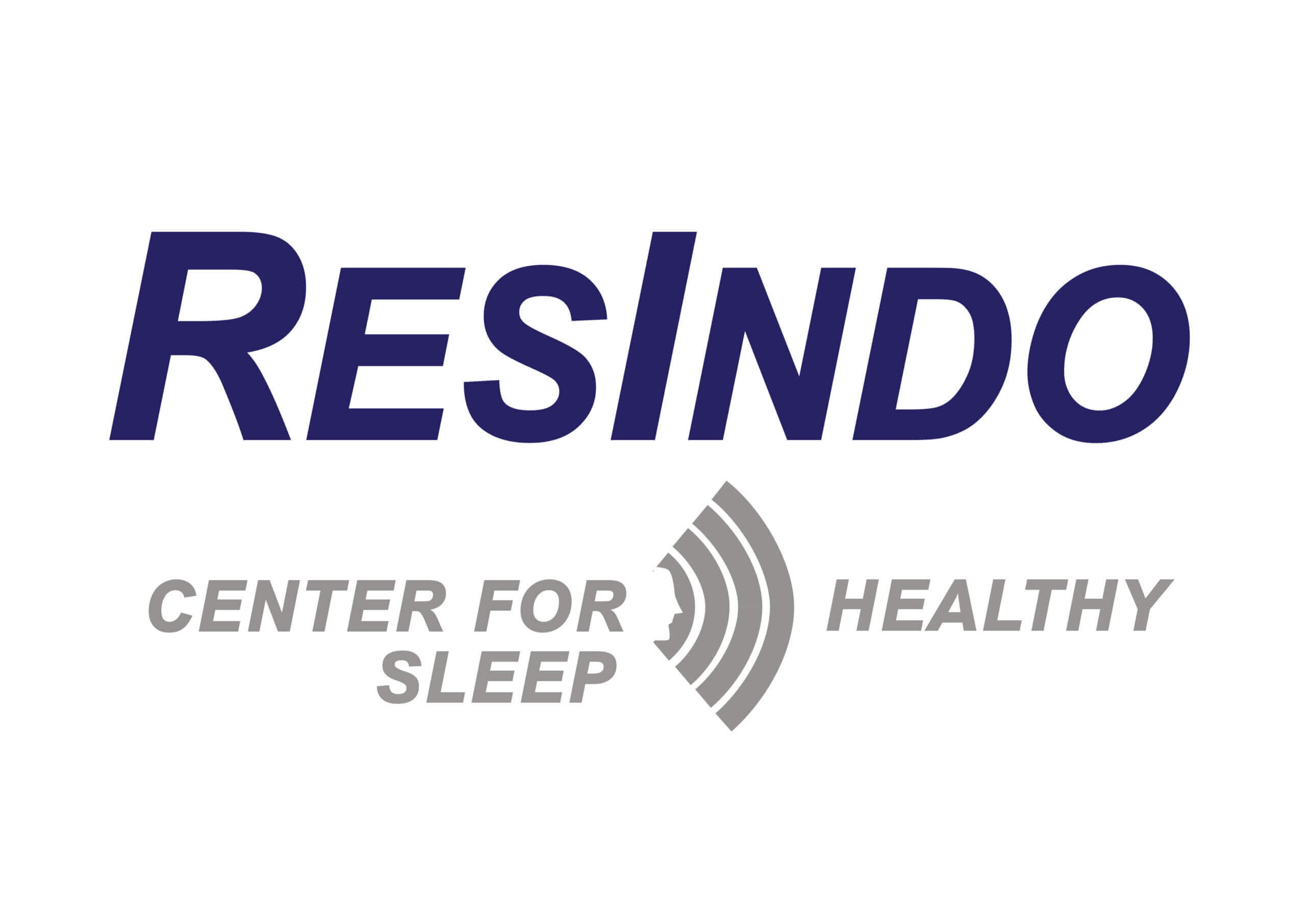Sleep apnea doesn’t only happen to old guys who are overweight. For every 2 to 3 men diagnosed with sleep apnea, one woman has it too.
Could that woman be you? The signs can be quite subtle and easy to miss, but getting effective treatment could make a heap of difference to your energy level and enjoyment of life.
While the mature, overweight male is the stereotypical picture of a person with sleep apnea, it doesn’t necessarily represent the reality.
Sleep apnea doesn’t discriminate – it affects women as well as men.
So if your partner complains that you’re snoring, perhaps it’s time to find out what other symptoms to be on the lookout for as many women mistakenly believe that sleep apnea will never affect them.
[/et_pb_text][et_pb_text _builder_version=”4.4.6″]Many women with sleep apnea don’t know they have it.
Typically, sleep apnea symptoms are different and more subtle in women than they are in men.
Knowing these differences may prove to be the difference between seeking help and improving your health faster, or ignoring the problem altogether because you’ve missed the subtle warning signs.
If you suspect you may have sleep apnea, talk to your doctor or try our online sleep assessment to see if you’re at risk.
One way you can ensure that any symptoms you have, are identified and investigated, is to know what they are.
Treatment of sleep apnea can help you to sleep properly and perform effectively the next day.
[/et_pb_text][et_pb_text _builder_version=”4.4.6″ custom_margin=”||1px|||”]What are the subtle symptoms of sleep apnea in women?
- Snoring (not necessarily loud or frequent)
- Morning headaches
- Memory loss or learning problems
- Waking up with a dry mouth or sore throat
- Insomnia due to difficulty staying asleep
- Moodiness or irritability.
Why are women less likely to be diagnosed with sleep apnea than men?
There are a number of possible reasons. For starters, women are less likely to report chronic snoring – perhaps they’re not aware of their noisy nighttime ritual, or it could be because they think it’s most likely to occur to men. They may also find it embarrassing. The fact is, snoring doesn’t even need to be loud to cause health problems in women.
Sleep apnea may also be missed in women because the milder symptoms can lead to a misdiagnosis.
[/et_pb_text][/et_pb_column][/et_pb_row][/et_pb_section]